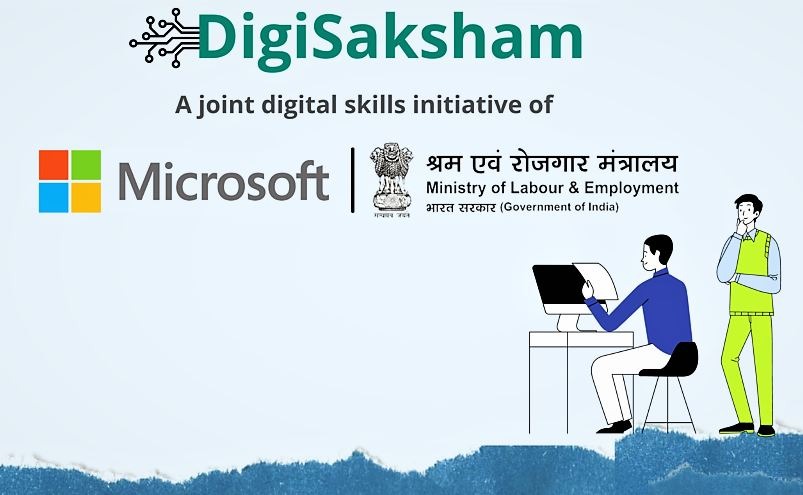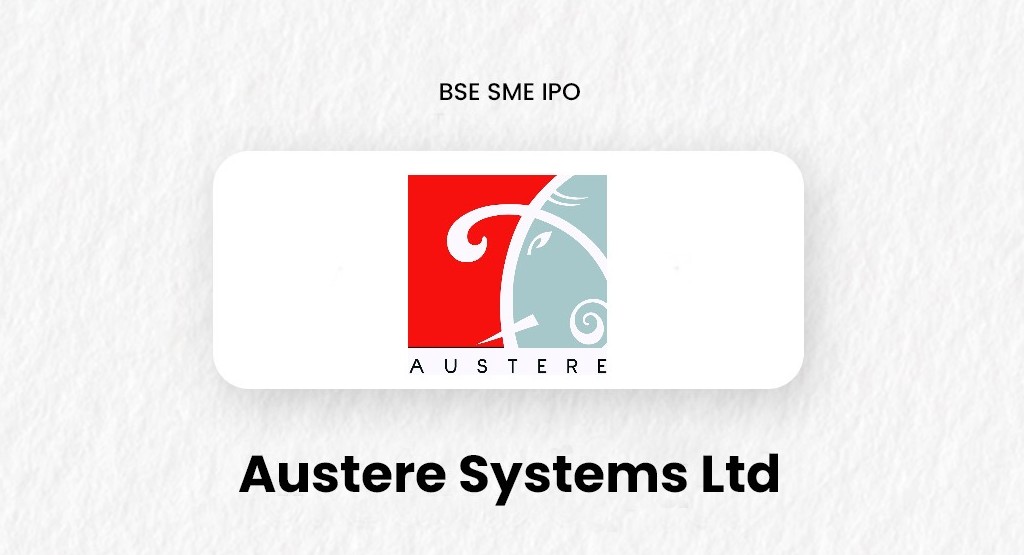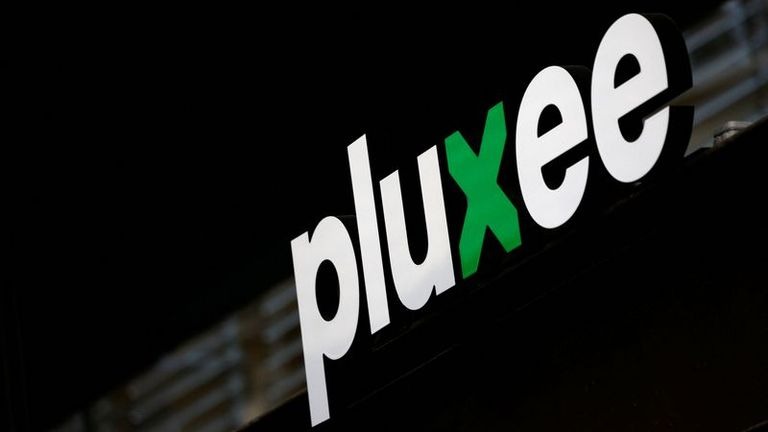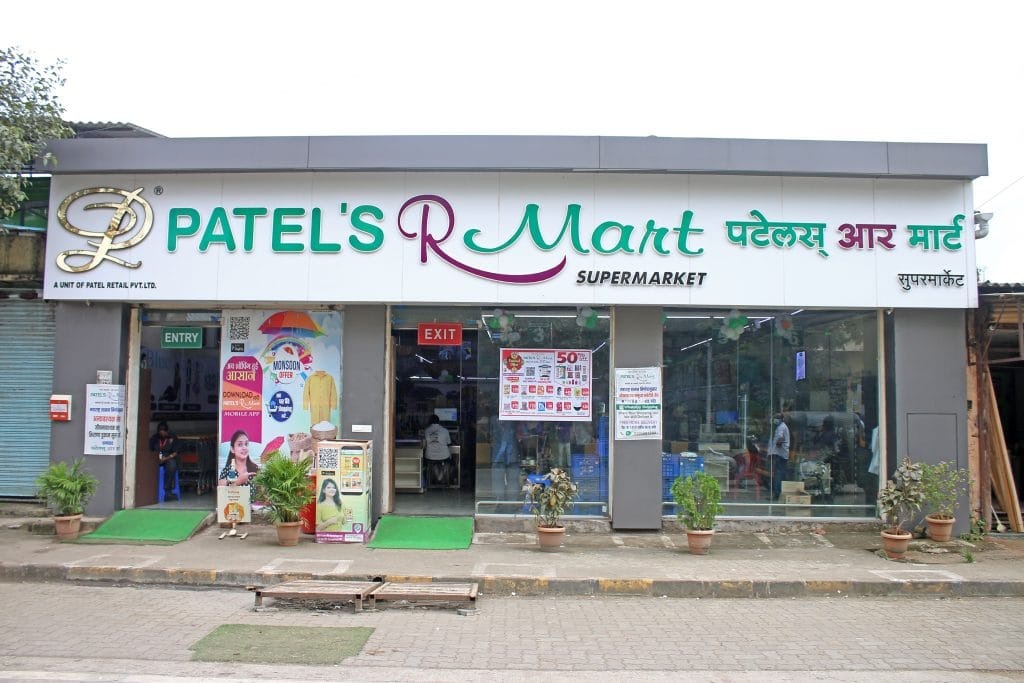
Follow WOWNEWS 24x7 on:
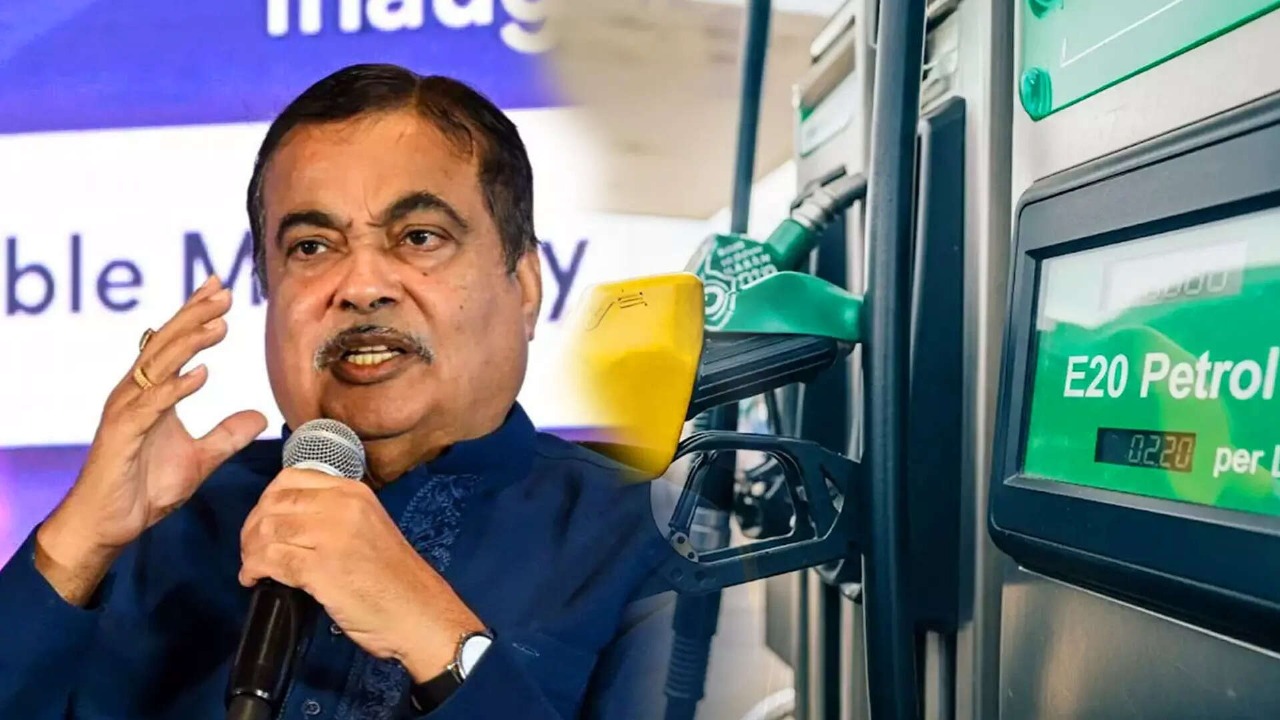
Union Road Transport and Highways Minister Nitin Gadkari has strongly defended the government’s rollout of E20 fuel, dismissing widespread criticism as part of a politically motivated and paid campaign. Speaking at the 65th annual convention of the Society of Indian Automobile Manufacturers (SIAM) on September 11, Gadkari reaffirmed that the ethanol-blended fuel is safe, cost-effective, and environmentally beneficial. His remarks come just days after the Supreme Court dismissed a petition challenging the ethanol blending programme, clearing a major legal hurdle for its nationwide implementation.
The E20 Fuel Debate
1. E20 fuel is a blend of 20 percent ethanol with conventional petrol, introduced nationwide in April 2023.
2. The programme aims to reduce India’s dependence on crude oil imports, lower carbon emissions, and boost farmer incomes through ethanol production.
3. Critics have argued that E20 could damage engines in vehicles manufactured before April 2023, reduce mileage, and void warranties.
4. A public interest litigation sought mandatory availability of ethanol-free petrol (E0) at fuel stations and clearer labelling of ethanol content.
5. The Supreme Court dismissed the petition, siding with the government’s stance that E20 is a strategic and safe fuel alternative.
Gadkari’s Counterattack
1. Gadkari called the backlash a paid political campaign designed to target him personally and undermine the government’s clean energy policy.
2. He emphasized that both the Automotive Research Association of India (ARAI) and SIAM had cleared E20 for use, with no verified cases of vehicle damage.
3. Gadkari challenged critics to produce a single instance of harm caused by E20, reiterating that the fuel meets global safety and performance standards.
4. He urged the public not to fall for misinformation spread via social media and emphasized the importance of trusting verified regulatory data.
Economic and Environmental Benefits
1. Ethanol is an indigenous, pollution-free, and cost-effective fuel that can replace fossil fuels worth ₹22 lakh crore currently being imported.
2. Gadkari highlighted that ethanol production from maize has tripled cultivation in states like Uttar Pradesh and Bihar, directly benefiting farmers.
3. The programme supports India’s goal of reducing logistics costs to 9 percent of GDP by the end of 2025.
4. Ethanol blending also aligns with India’s commitments under the Paris Climate Agreement and its push for sustainable mobility.
Policy Push and Industry Incentives
1. Gadkari urged automakers to offer discounts to buyers presenting scrappage certificates, encouraging cleaner vehicle adoption.
2. He requested the Finance Ministry to extend GST relief to consumers purchasing new vehicles after scrapping old ones.
3. The government has introduced a FASTag-based annual pass for non-commercial vehicles, priced at ₹3,000, valid for one year or 200 trips.
4. A new toll policy is also in the works to benefit state and private bus operators using national highways.
Key Highlights
- Nitin Gadkari defends E20 fuel, calling criticism a paid political campaign
- Supreme Court dismisses petition against ethanol blending programme
- E20 cleared by ARAI and SIAM, with no verified cases of vehicle damage
- Ethanol blending reduces oil imports, boosts farmer income, and lowers emissions
- Gadkari proposes incentives for scrappage-based vehicle purchases and cleaner mobility
- Government introduces FASTag annual pass and plans new toll policy
Looking Ahead
Gadkari’s firm stance on E20 fuel signals the government’s unwavering commitment to clean energy and agricultural empowerment. As misinformation swirls online, the minister’s call for fact-based discourse and regulatory trust sets the tone for future policy communication. With legal clarity from the Supreme Court and industry backing, E20 is poised to become a cornerstone of India’s sustainable transport strategy.
Sources: India Today, MSN India, Economic Times, Hindustan Times
